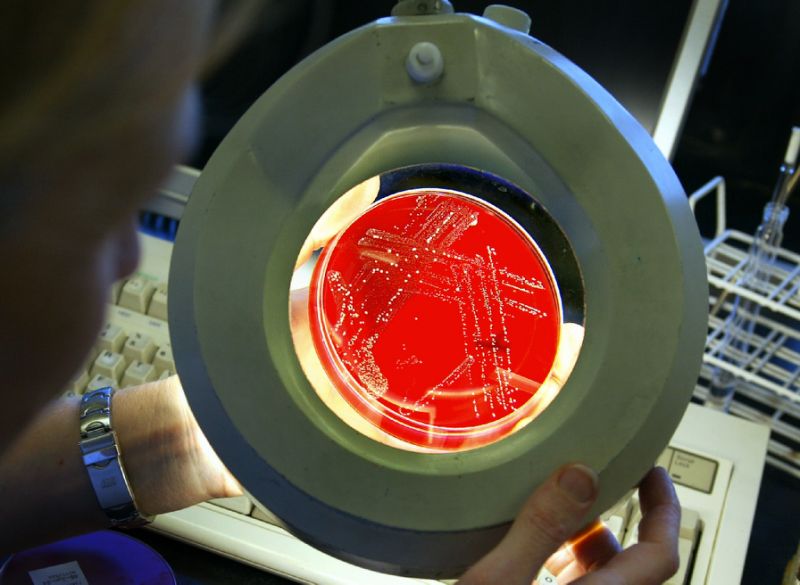Superbugs to 'kill millions' by 2050

Millions of people in Europe, North America and Australia will die from superbug infections unless countries priorities fighting the growing threat posed by bacteria immune to most known drugs, experts predicted on Wednesday.
The Organization for Economic Co-operation and Development (OECD) warned of "disastrous consequences" for public healthcare and spending unless basic hospital hygiene is boosted and unnecessary antibiotic use slashed.
Drug-resistant bacteria killed more than 33,000 people in Europe in 2015, according to new research published separately this week. In a landmark report, the OECD said 2.4 million people could die from superbugs by 2050 and said the cost of treating such infections would balloon to an average of US$3.5 billion a year in each country included in its analysis.
Michele Cecchini, lead on public health at the OECD, told AFP that countries were already spending an average of 10 per cent of their healthcare budgets on treating antimicrobial-resistant (AMR) bugs."AMR costs more than the flu, more than HIV, more than tuberculosis. And it will cost even more if countries don't put into place actions to tackle this problem," he said.
As humans consume ever more antibiotics - either through prescriptions or agriculture and livestock products given medicines to stave off infection - strains of bacteria are developing that resist the effects of drugs designed to kill them.
In low and middle-income countries, resistance is already high: In Indonesia, Brazil and Russia, up to 60 per cent of bacterial infections are already resistant to at least one antibiotic.And the growth of AMR infections is predicted to be between four and seven times faster by 2030 than currently.
"Such high resistance rates in health care systems, which are already weakened by constrained budgets, will create the conditions for an enormous death toll that will be mainly borne by newborns, very young children and the elderly," the report said.
